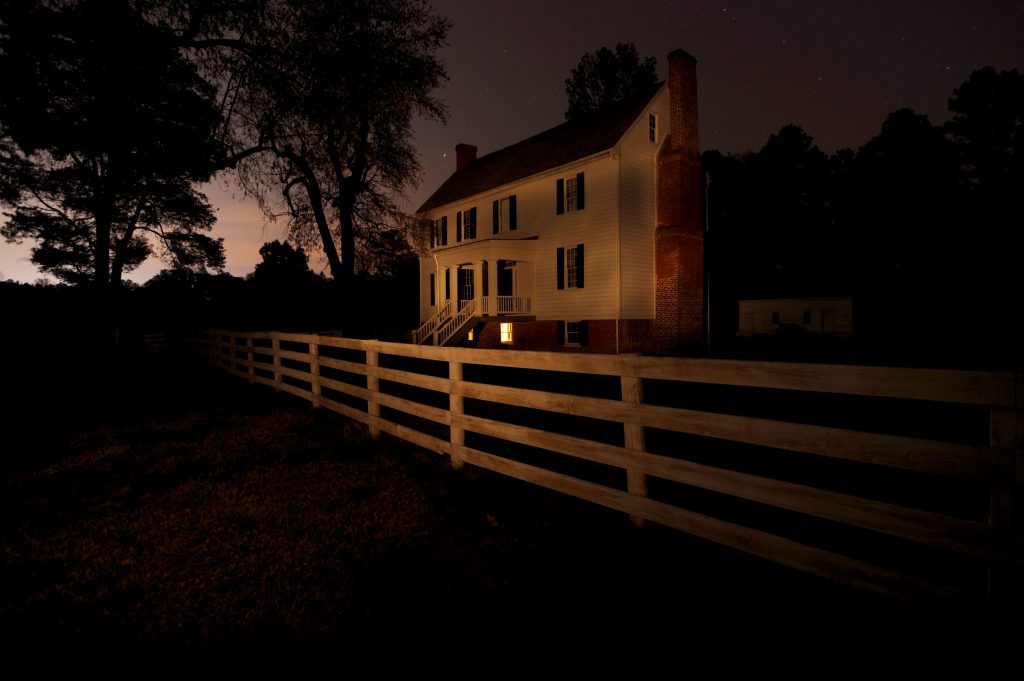A Thousand Words a Battle: Petersburg Breakthrough
The Federal Breakthrough, Siege of Petersburg
April 2, 1865

In the early morning on April 2, 1865, 14,000 soldiers of the Union Sixth Corps charged the Confederate earthworks southwest of Petersburg. The massive onslaught overran the imposing defenses, ending the prolonged campaign on its 292nd day. The decisiveness of the victory forced Robert E. Lee to hastily abandon both Petersburg and Richmond, and the Confederate westward retreat ended just one week later with surrender to Ulysses S. Grant at Appomattox.
Sergeant Francis Cordrey of the 126th Ohio Infantry reflected in his memoirs on the significant role the soldiers who participated in the Petersburg Breakthrough had in putting the nation on track for reunification:
The soldier from his peephole could see the condition of things and that by all appearance the greatest struggle for the Union was not recorded on the pages of the past, but was yet to be made and printed on a future leaf. It seemed to him, that in the past at the Wilderness, Spotsylvania, and at Cold Harbor, he had braved and met about all the danger that mortal man could face and live, and just how he could climb the wall in front of him . . . over bayonets that stuck their points up like wheat on a field, his eyes could not see and his mind could not plan. What soldier however brave could undertake the task without regarding it the gate into the other world.
It was dreadful to see, dreadful to think of and more dreadful to undertake, but as he walked back shaking his head, he remembered that Grant that great General whose flesh had not been softened in the stew pot of useless pride and whose soul was not stiffened by the starch of vanity, was steering the boat, and that if he headed her for the boisterous wave she would glide over it and he straightened up as if ready for the charge. . . .
Gallants boys, brave soldier for the Union, worthy of more than their country can give them, there struggled in the dark until the hateful abatis, the treacherous wires and ditch, had been crossed and, heroes as they were, mounted the wall and with balls, bayonets and stocks of guns, forced the enemy to surrender, and taught them the supremacy of the stars and stripes, all too, without the aid of a shoulder-strap man after the flash of the signal-gun, proving that privates have and can win a battle without so much as a corporal officer about them to command.
At this stage of the battle, the light of day begin to dawn, not only the light of the rising sun in the east, but the light of the rising sun of justice, freedom and liberty, that shall forever shine on every American citizen. Yes, we trust it was the dawning of a new day that shall know no more rebels in our land, no North, no East, no South and no West, and shall know but one flag, and that flag the Stars and Stripes.
On that morning, as the sun overpowered the darkness of night and drove it back, so did the Union army overpower the dark rebellion and drove it back, but it was not hard to drive back, it seemed to drag its own bruised carcass back in search of a place to die, like a smashed cat. . . .
The turn of things on that memorable morning was a turn that filled the soul with gladness. At dawning of day, we could see comrades bleeding, dying and dead, and it was sad to see our fallen heroes, but high above the sobs of death could be heard the shouts of victory, victory, victory.
— Edward Alexander
In general, it seems to me that the mid 19th century was the absolute low point in hokey compositions, one breathless, adjectivally overburdened sentence ramming into another one. This passage is a perfect example of that. I can see why Lincoln’s brief, to the point Gettysburg Address stunned them.
Years ago, I visited the then newly opened Pamplin Park, and enjoyed the efforts to “recreate” the ground described in Cordrey’s writing.